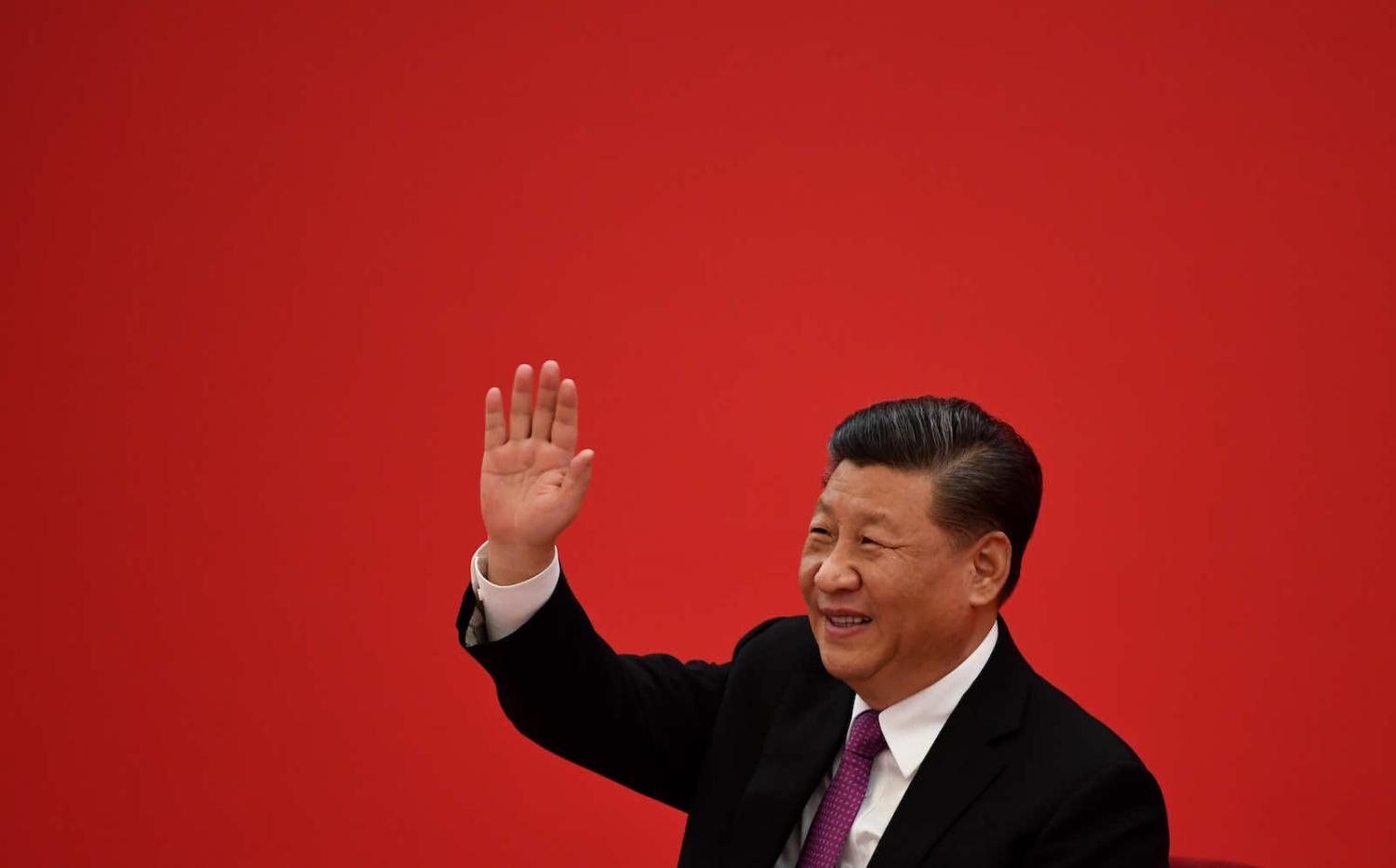The tardy response by the People’s Republic of China’s (PRC) to the Covid-19 outbreak triggered widespread community outrage. But Beijing’s draconian crackdown, paired with intense scrutiny and intrusion into the daily lives of ordinary citizens, has further consolidated power in the hands of President Xi Jinping and the Chinese Communist Party (CCP).
Covid-19 has reinforced perceptions of the weaknesses in the PRC’s political system. The self-interest of local-level authorities to cover up the true extent of the pandemic to prevent punishment meted out by the central level reflects the contradictions within. Meanwhile, lives are lost in this tug of war.
Observers have been quick to conclude the pandemic has undermined the standing of Xi and the CCP, both domestically and globally. In fact, it has done the opposite. The Hubei-wide lockdown and other extreme measures enforced by the CCP were designed, at least in part, to secure the people’s confidence in the strength of the CCP’s capacity to govern. But paralysis and a lack of transparency at all levels of government – particularly during the early stages of the Covid-19 outbreak – reveals a damaging gap between official rhetoric and reality on the ground.
Given the PRC’s previous experience with SARS in 2003, transparent information sharing should be expected to be part of the crucial response infrastructure to mitigate transmissions and save lives. Sadly, the PRC’s response to Covid-19 offers little to suggest that such lessons have been learned. The pattern of response has been disturbingly familiar, and transparency has been conspicuously absent.
There are striking similarities in the PRC’s responses to Covid-19 in 2020 and the SARS outbreak almost 18 years ago. In mid-December 2002, PRC health experts in Guangdong were alerted to the outbreak of a mystery virus that subsequently became known as SARS. Further testing was conducted in early January 2003 with results sent to the Ministry of Health in late-January. But it wasn’t until mid-February that officials in Guangdong finally sounded the alarm on SARS.
Self-interest, self-preservation, and a preoccupation with stability and economic growth conspire against the transparency needed to inform timely responses. As a result, lives are lost.
The parallels with Covid-19 are clear. First, local officials tried to hide the full extent of the issue from the central government and the public. Between late December 2019 and January 2020, the China National Health Commission sent three teams to Wuhan to collect evidence of Covid-19. But they were stymied by local officials seeking to project calm in advance of an annual meeting of local officials from Hubei Province.
Provincial authorities in Guangdong also sought to conceal the true nature of SARS in 2003. The Guangdong Province aimed to stem community panic and ensure no disruption to the critical flow of foreign direct investment into the province. Economic growth fuelled by foreign investors was deemed a higher priority than dealing with the risk to public health posed by SARS.
In both SARS and Covid-19, officials tried to silence those seeking to alert the public. In April 2003, journalists and newspaper editors were arrested for spreading “rumours” and for publishing official documents related to SARS. Similarly, in late December 2019, Ai Fen, director of the emergency ward at Wuhan Central hospital, shared the SARS-like results of her tests with hospital authorities in person and other medical professionals on a WeChat group. The results were distributed more widely by Li Wenliang via social media. Both doctors, Ai and Li were subsequently accused of “spreading rumours and causing trouble … and causing social panic.” The citizen journalist, Li Zehua, has not been seen since he posted a video report and footage of him being pursued by security forces in Wuhan.
The obstruction of expert investigators by local officials delayed a timely response to what has become a pandemic.
There are three lessons to be drawn from SARS and Covid-19 regarding the durability of authoritarian regimes. First, self-interest, self-preservation, and a preoccupation with stability and economic growth conspire against the transparency needed to inform timely responses. As a result, lives are lost. The frontline cadres of the party-state system are both a tool and a hindrance to the regime’s durability.
Second, crises such as SARS, Covid-19, and the 2008 Wenchuan earthquake allow the CCP to expose the limitations of local officials, and demonstrate the power and control invested in the party. Brief periods of benevolence are followed by the further consolidation of power in Beijing.
Finally, the party-state actively controls the narrative. With Covid-19, the party-state is already sowing seeds of doubt about the origins of the virus to consolidate the power of the CCP.
Xi’s recent tour of the economically vibrant province of Zhejiang marks a declaration of the CCP’s victory over Covid-19. Critics of the draconian measures in Wuhan have been cast aside. Factories have reopened, and community life is returning to normal. The message is clear – with Xi at the helm, the virus has been defeated. Covid-19 has not diminished Xi’s position. On the contrary, he is more powerful, and the authoritarian regime is stronger than ever.

